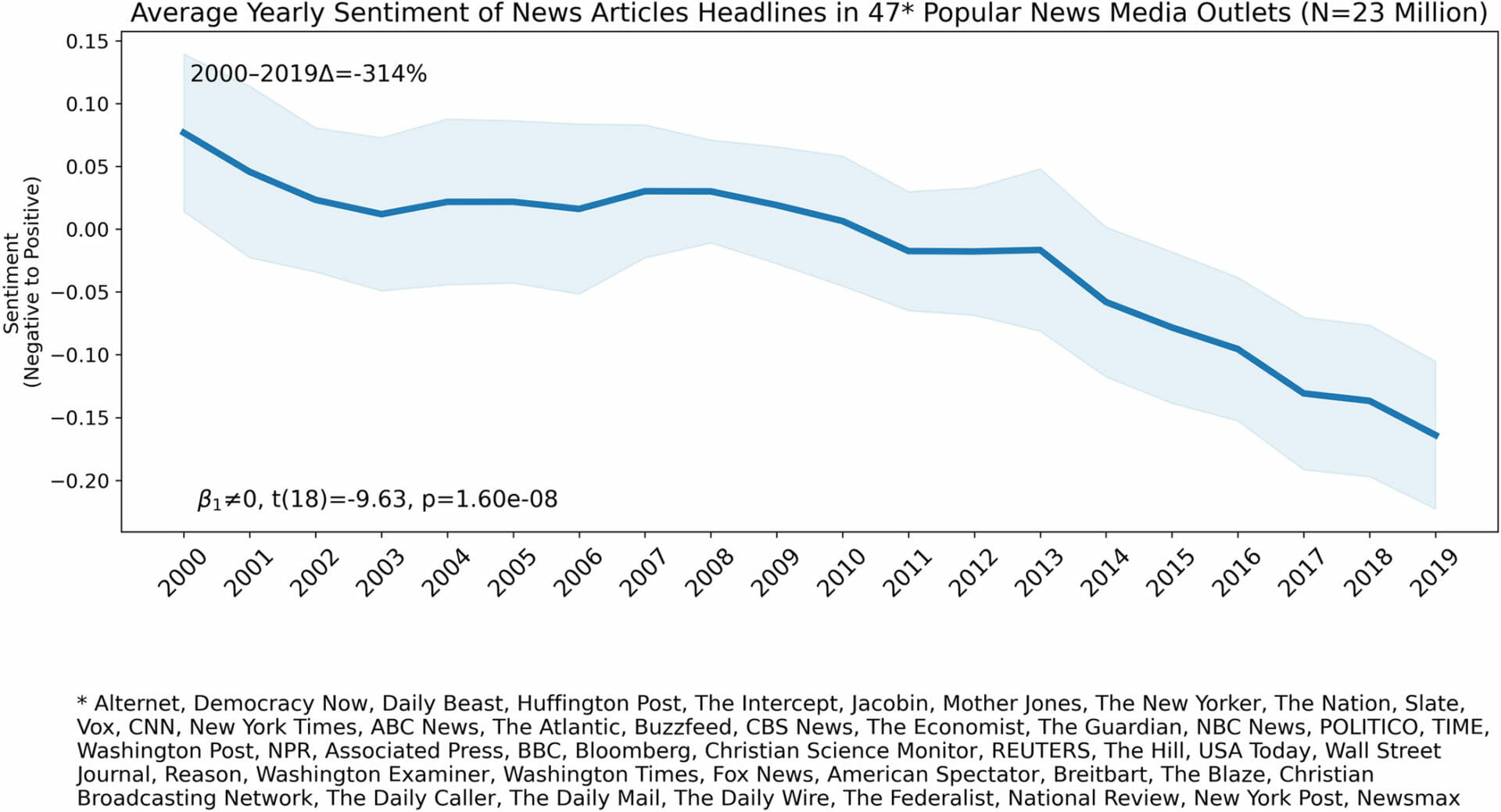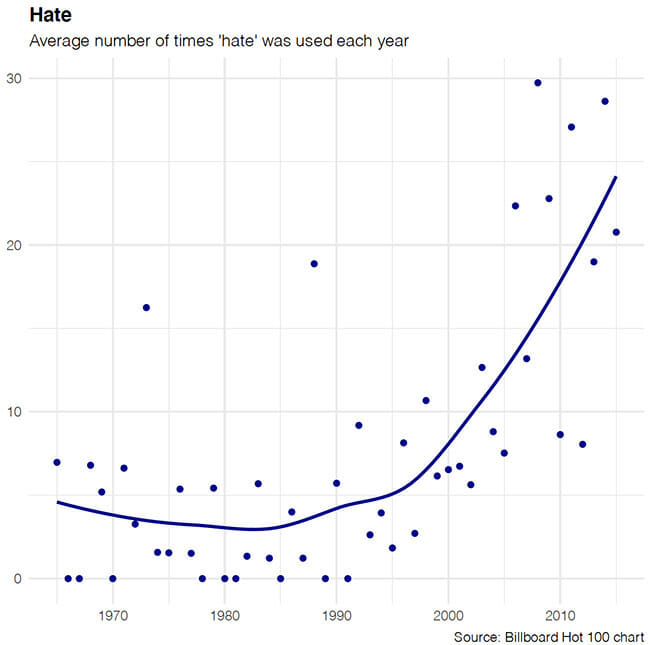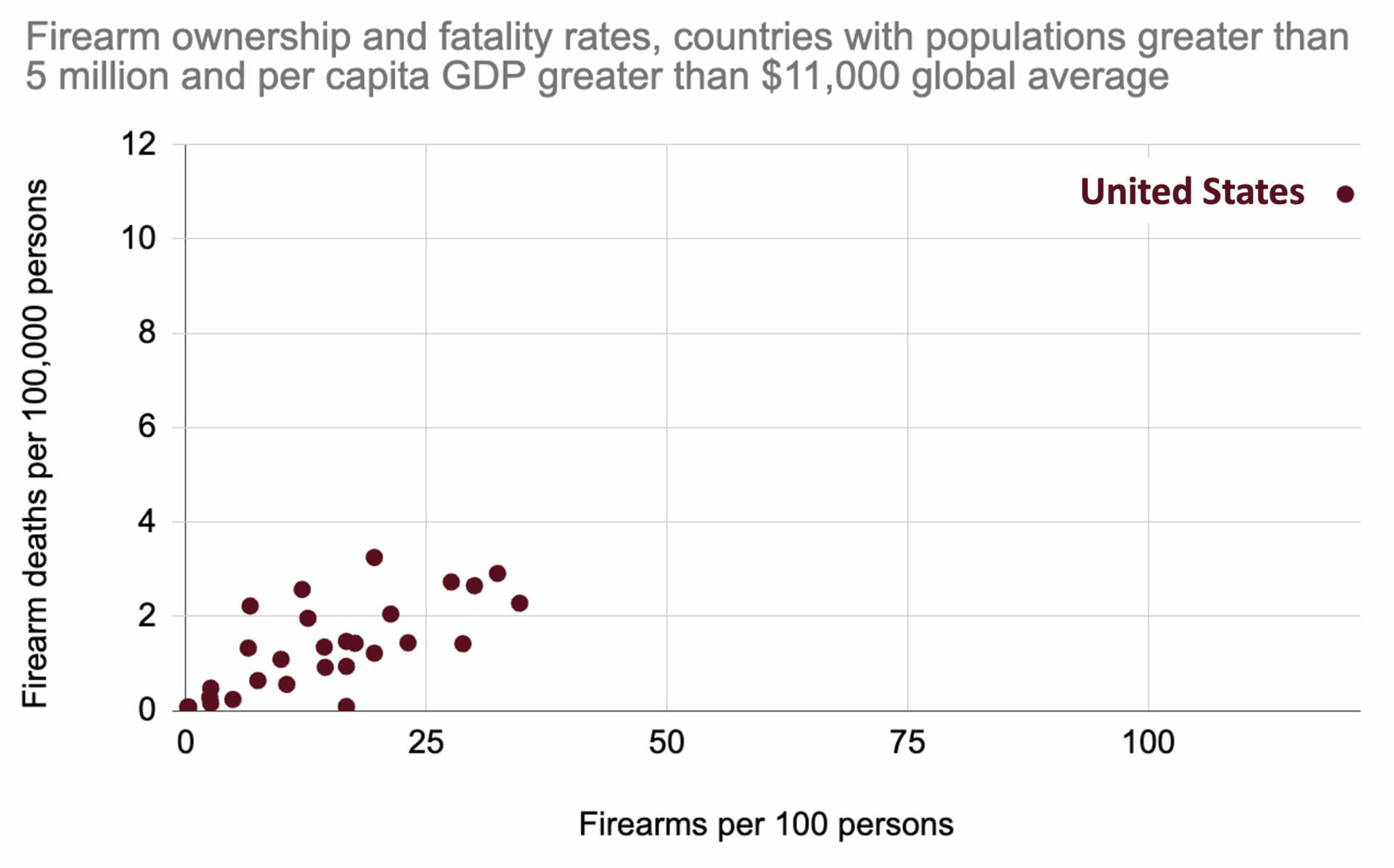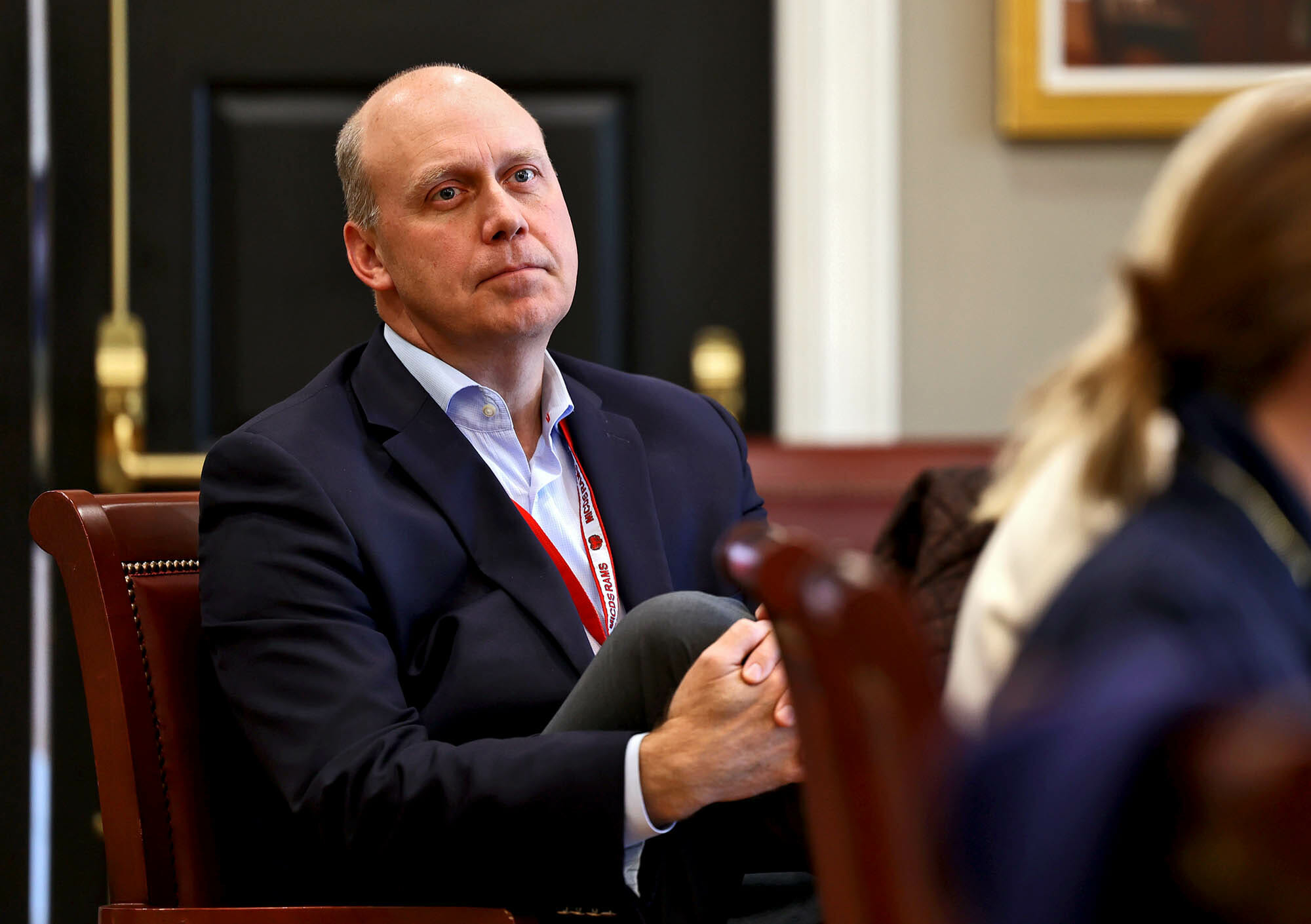Jean Kuczka, who died on Monday at Central Visual and Performing Arts High School at the age of 61 while trying to protect her students from gunfire, fell in love with teaching when she was in high school. “I taught swimming lessons at the YMCA,” she recalled on her school’s website. Jean was also an exceptional field hockey player in her youth—a member of Southwest Missouri State’s 1979 national championship team and an eventual Missouri Sports Hall of Fame inductee—but it was those swimming lessons that imprinted indelibly on her adolescent self and awakened her love of children. “From that point on, I knew I wanted to be a teacher. I cannot imagine myself in any other career.”
I cannot stop thinking about Jean Kuczka. I cannot stop thinking about the courage of hope in the face of fear. David Brooks reported this week in the New York Times on the increasing negativity of news article headlines and pop music lyrics in recent decades. “Between 1990 and 2018,” he writes, noting related results from the General Social Survey, “the share of Americans who put themselves in the lowest happiness category increased by more than 50 percent. And that was before the pandemic.” In a prevailing and intensifying national climate of resentment, animosity, alienation, and fear, the choice to teach is an increasingly courageous one, not only morally but existentially, as Ms. Kuczka’s heroic example testifies.


That firearm availability and firearm violence are statistically correlated in developed nations is well demonstrated. Among the 30 countries with above-average gross domestic product per capita and populations of at least five million citizens—a group that includes Australia, Austria, Belgium, Canada, Chile, Denmark, Finland, France, Germany, Greece, Hungary, Israel, Italy, Japan, the Netherlands, Norway, Oman, Poland, Portugal, Romania, Saudi Arabia, Singapore, Slovakia, South Korea, Spain, Sweden, Switzerland, the United Arab Emirates, the United Kingdom, and the United States—Americans possess firearms at a rate 4.7 standard deviations above the mean, and likewise suffer death from firearms at a rate 4.7 standard deviations above the mean. Whereas the high incidence of firearm violence in our country is largely explained by the high incidence of firearm possession, however, the explanation for the high incidence of firearm possession itself is not obvious in the same data—but I have to believe that the rising cultural currents of negativity in the news media and popular music alike flow from the same headwaters that give us so many of our guns: resentment, animosity, alienation, and fear.

Schools are and must always remain sanctuaries of hope. I have said these words before. I think I like Ms. Kuczka’s plainer words better: “I believe that every child is a unique human being and deserves a chance to learn.” Perhaps the most famous words of hope are Emily Dickinson’s: “‘Hope’ is the thing with feathers / That perches in the soul / And sings the tune without the words / And never stops – at all.” But these weren’t her only ones. “Up Life’s Hill with my little Bundle,” begins another of her poems. “If I prove it steep — / If a Discouragement withhold me — / If my newest step / Older feel than the Hope that prompted — / Spotless be from blame / Heart that proposed as Heart that accepted / Homelessness, for Home.”
« She made you feel real, inside the class and out. She made you feel human. And she was just so sweet. » One of Jean Kuczka’s students remembers her this way. I would like to believe, in her moment of heroism on Monday morning—because it was a moment of heroism—that Ms. Kuczka held her younger heart, the “Heart that proposed” and “Heart that accepted,” the heart of her adolescent self in the late 1970s, teaching swimming lessons at the YMCA—I would like to believe that she held her younger heart “Spotless…from blame” as she found herself, on her “Life’s Hill” with her “little Bundle,” suddenly deluged by rushing currents from the headwaters of resentment, animosity, alienation, and fear. I would like to believe that she did not in that moment feel older than “the Hope that prompted” a life spent in service to children, in service to hope. Certainly no discouragement withheld her, a resolute “thing with feathers” in that final moment, braving against violence, defending the promising lives in her care.
Our nation has so much work to do to push back against the tide that stems from the most destructive of our headwaters. We are committed to that work every day at MICDS, and our teachers who undertake it are the heroes in our midst. Theirs is ever more courageous work, and I implore you for your partnership and your good will in joining them in it.
Just like Jean Kuczka, I fell in love with teaching when I gave swimming lessons as a teenager at the YMCA. I wonder at what moment each of our own teachers knew it was their calling, too. Where were they when the Hope prompted them, and the Heart proposed, and the Heart accepted?
Always reason, always compassion, always courage. Always hope. My very best wishes to you and your families.
Jay Rainey
Head of School
